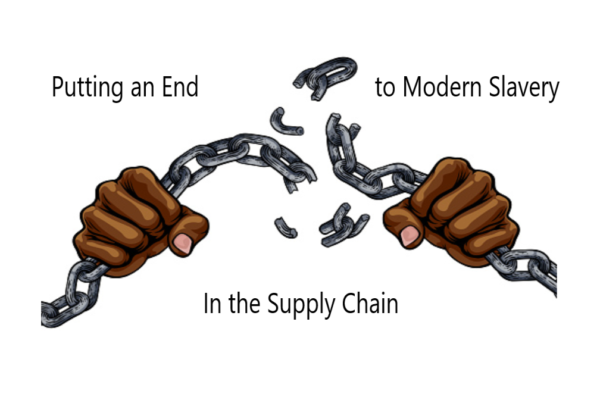Modern slavery is a term used to describe serious exploitation. It encompasses the practices of child labour, forced labour, human trafficking, debt bondage and deceptive recruiting for labour or services. Last year we wrote about the government’s determination to stamp out the practice in producing goods that are imported into Australia. The Port of Brisbane Pty Ltd (PBPL) has acknowledged there is an inherent risk of modern slavery in shipping due to the prevalence of poor working conditions and practices attributed to slavery.
However, the risk of modern slavery practices within the Ports own marine operations and vessel crews is deemed low because of PBPL’s robust governance practices, workforce composition, industrial instruments, internal governance, and transparent grievance channels.
Port of Brisbane does acknowledge the ongoing risk of modern slavery in the maritime industry to Seafarers. Although their level of control has been identified as low, they have stated their intention to work with stakeholders to positively address any identified issues and raise awareness on risk indicators.
Identifying the risk of modern slavery practices in the Supply Chain
Modern slavery risk can be dependent on several intersecting factors. PBPL has analysed its supply chain against four modern slavery risk indicators including sector and industry risk, product and service risk, geographic risk, and entity risk:
– Sector and industry risk: Sectors and industries with high-risk characteristics in the production of goods or delivery of services.
– Product and service risk: Goods and services linked to dangerous or sub-standard working
conditions, low-skilled labour or vulnerable populations, and exploitation or underpayment.
– Geographic risk: Countries with weak rule of law, limited human rights protections, conflict, and socio-economic factors like poverty.
– Entity risk Entities: with poor governance structures, complex sub-contracting arrangements or poor and concealed recruitment standards and practices.
The following statement appears in the current edition of Brisbane’s Port News:
|
|||
|
As of 30 June 2022, Port of Brisbane’s workforce comprised 184 direct employees (including casuals) and 6 contractors. Half of their employees are covered by Enterprise Agreements and the other half are engaged by individual contracts. All of Port of Brisbane’s industrial instruments are underpinned by the Fair Work Act, National Employment Standards, and relevant awards. Port of Brisbane protects the health, safety, and wellbeing of its employees through robust governance including responsible recruitment, an Employee Code of Conduct, and a Whistleblower Policy.
Their official 14-page Modern Slavery Statement is available HERE in PDF.
Colless Young is a Licensed Customs Broker and International Freight Forwarder. We offer professional advice on all aspects of import procedures, including clearance through Customs and Quarantine, at all Australian ports and airports. Our logistics services cover air and sea freight, including exports, warehousing and trucking.

